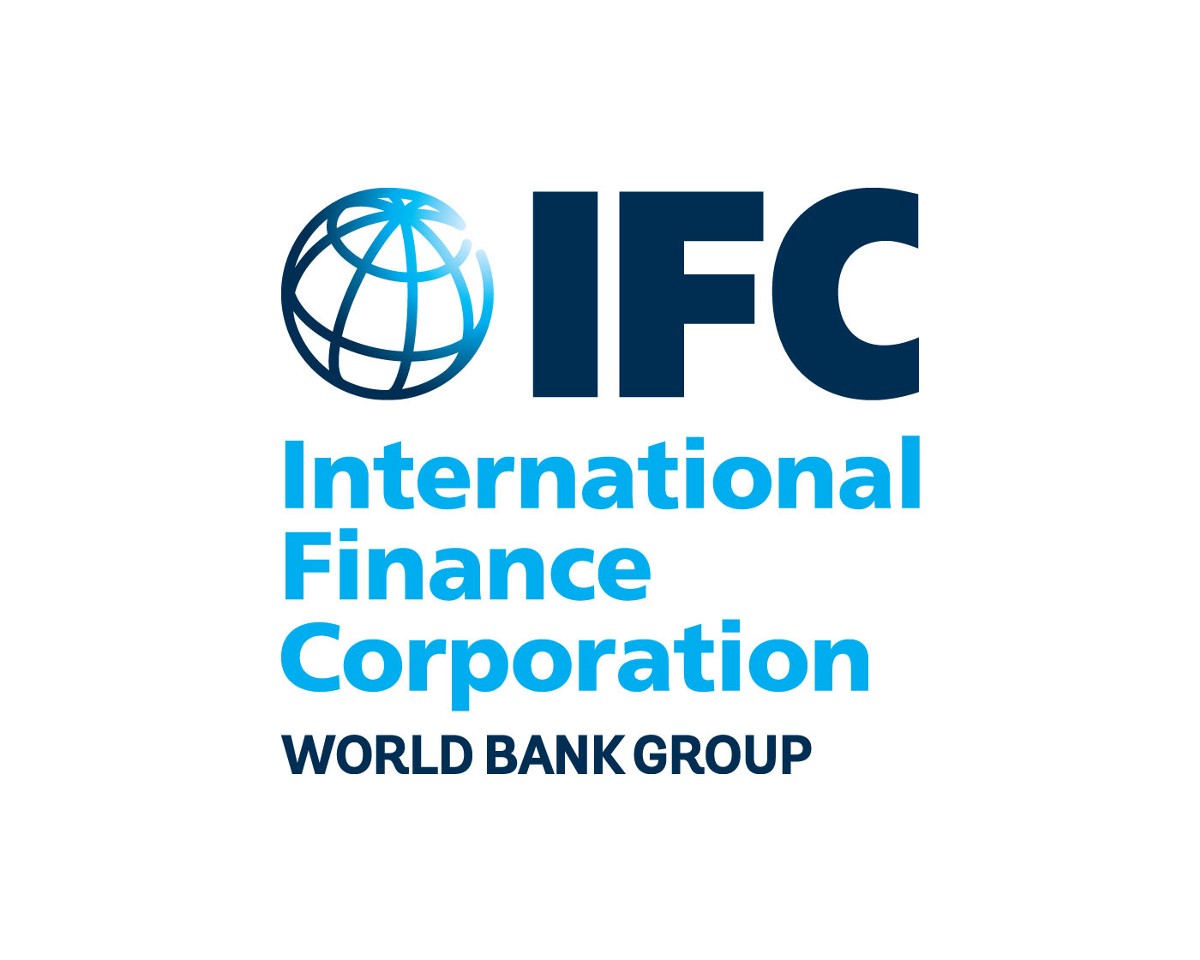The International Finance Corporation (IFC), part of the World Bank Group, has increased volume of investment in the Europe and Central Asia region by channeling $2.9 billion for long-term financing of the projects that help to diversify the region’s economies, to improve access to finance for small businesses, and to reduce climate impact.
In the fiscal year 2018, which ended on June 30, the IFC has invested $2.26 billion of its own funds and has mobilized another $0.68 billion from other investors.
The investments have been aimed at helping the financial sector of the region to develop funding of small- and medium-sized enterprises, to support women’s business, to enhance agribusiness and to improve urban infrastructure.
The IFC has also supported in the region the international trade transactions worth $1.8 billion through 28 partner banks participating in the trade finance program.
The largest volume of IFC investments in the past financial year has been channeled to Turkey ($1.1 billion), Romania ($336.4 million), Serbia ($190.5 million), Ukraine ($129.1 million) and Kazakhstan ($111.5 million).
The financing of renewable energy production at wind farms in Serbia in the amount of €108 million, the financing of the agricultural sector of Ukraine in the total amount of $120 million, and the funds in the amount of $75 million invested in the project for support of women entrepreneurs in Turkey are among the most significant deals.
Wiebke Schloemer, IFC Director for Europe and Central Asia region, said that in the coming years, the IFC will focus on “supporting the emerging private sector in some of the poorest and most conflict-affected countries in the region, and will continue to work in middle-income countries to promote innovation, improve competitiveness and energy efficiency, and develop sustainable urban infrastructure.”
The IFC Advisory program in the region last year consisted of 79 advisory projects aimed at improving business regulation procedures, cooperation with the private sector in the fight against climate change and helping companies in the region to improve corporate governance, environmental and social responsibility practices.
In the next fiscal year, the IFC will continue to focus on projects with a high positive impact on development, in particular, aimed at minimizing the effects of climate change, expanding access to finance and creating jobs.
Several major transactions in the last fiscal year:
- IFC has organized the first issue of Uzbek soum-denominated bonds in international markets and has raised 80 billion soums – the equivalent of $10 million – to increase lending to micro, small and medium-sized enterprises in Uzbekistan.
- IFC has completed a pilot phase of the Sustainable Cities Program, which has supported 10 projects in the field of urban infrastructure and has facilitated the raising of financing in the total amount of 278 million euros.
- IFC has invested $75 million in the first issue of gender bonds in support of women entrepreneurs in Turkey.
- IFC has made its contribution to the establishment of a $150-million Energy Efficiency Fund in Ukraine for the modernization of the housing sector.
- IFC has invested $120 million in agribusiness sector projects in Ukraine.
- IFC has contributed to Turkey’s first certification based on EDGE “Green building” standard which has been awarded to the Greenox Building company in Istanbul.
- IFC has provided 107.7 million euros for the development of renewable energy sector in Serbia through the construction of wind farms.
- IFC has facilitated the creation of opportunities for private investment in the total amount of $340 million in sustainable production of cotton in Uzbekistan.




